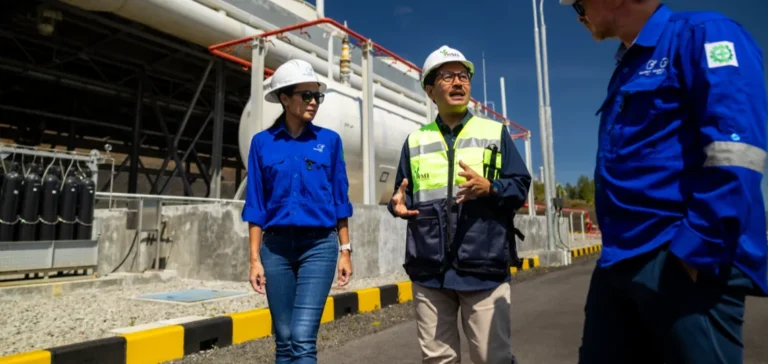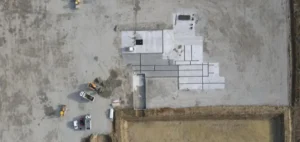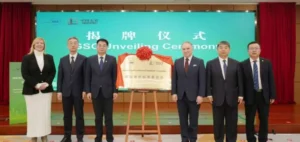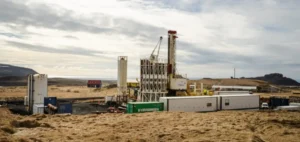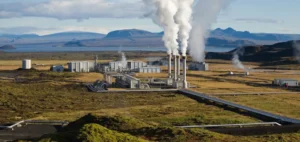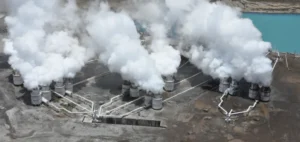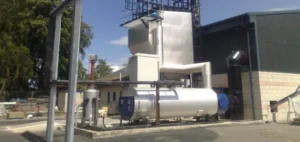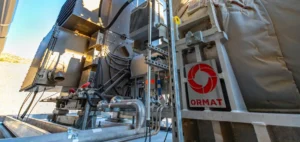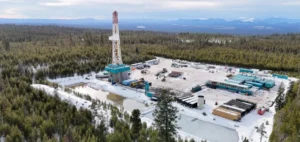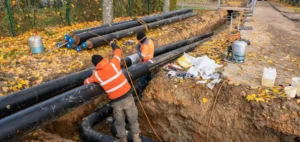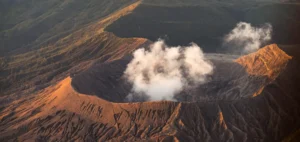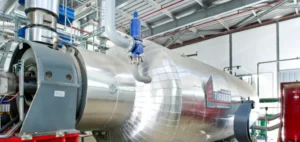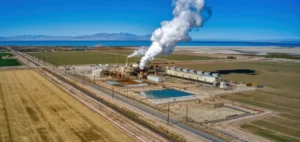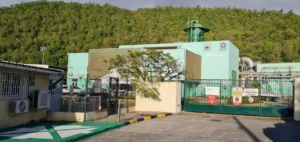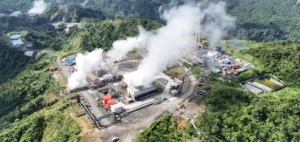Indonesian infrastructure developer PT Sarana Multi Infrastruktur (Persero), better known as PT SMI, confirmed its 65% financing of the Ijen geothermal power plant project, for a total of $144.9mn (IDR2.35tn), as part of its strategy to support the expansion of renewable energy. The power plant, located in Bondowoso district on the island of Java, is operated by PT Medco Power Indonesia, a subsidiary of Medco Energi Internasional.
The energy facility, inaugurated in June, has an initial capacity of 35 megawatts (MW) and is integrated into the Java-Bali electricity system. It aims to supply more than 80,000 households, contributing to the national energy policy of increasing the share of renewables to 23% of the electricity mix by 2025. The plant’s construction received technical and financial support through the blended finance mechanism of the SDG Indonesia One platform, involving notably the Agence Française de Développement (AFD), the Global Green Growth Institute (GGGI), and USAID SINAR.
International financial partnerships and local integration
PT SMI, a state-owned entity specialised in sustainable infrastructure financing, highlighted the importance of cross-sector collaboration in this project. The involvement of multilateral institutions reflects an intention to strengthen financing mechanisms for long-term projects. PT SMI President Director Reynaldi Hermansjah visited the plant site alongside executives from PT Medco Power Indonesia and members of the sustainable financing division.
The institutional partners contributed to structuring the project by integrating technical assistance mechanisms aimed at optimising energy performance and socioeconomic benefits. The initiative also aligns with Indonesia’s broader carbon neutrality objectives targeted by 2060.
Social programmes in Banyuwangi region
In addition to its energy financing activity, PT SMI continues to implement initiatives in the region under its Corporate Social and Environmental Responsibility programme, locally known as TJSL (Tanggung Jawab Sosial dan Lingkungan). The company visited the “Omah Tukik” marine turtle conservation site in Banyuwangi, supporting biodiversity protection activities along the coastal zone.
The programme includes building hatchery structures, supplying maritime safety equipment, and revitalising patrol boats. To date, 1,200 turtles are released annually, with a hatching success rate exceeding 90%. The site also generates jobs for 500 local residents, in roles related to infrastructure management and environmental tourism.
Infrastructure deployment and socioeconomic impacts
The Ijen project is part of a list of strategic initiatives supported by the Indonesian government, with a focus on green infrastructure and community inclusion. The geothermal plant is expected to reduce greenhouse gas emissions by between 228,636 and 838,332 tonnes of CO₂ equivalent per year, based on current estimates.
Investment in joint ventures such as the Ijen plant and the Omah Tukik site reflects the company’s commitment to combining economic development with territorial integration. PT SMI officials stated they remain open to further cooperation with public and private entities, both local and international, for similar future initiatives.


